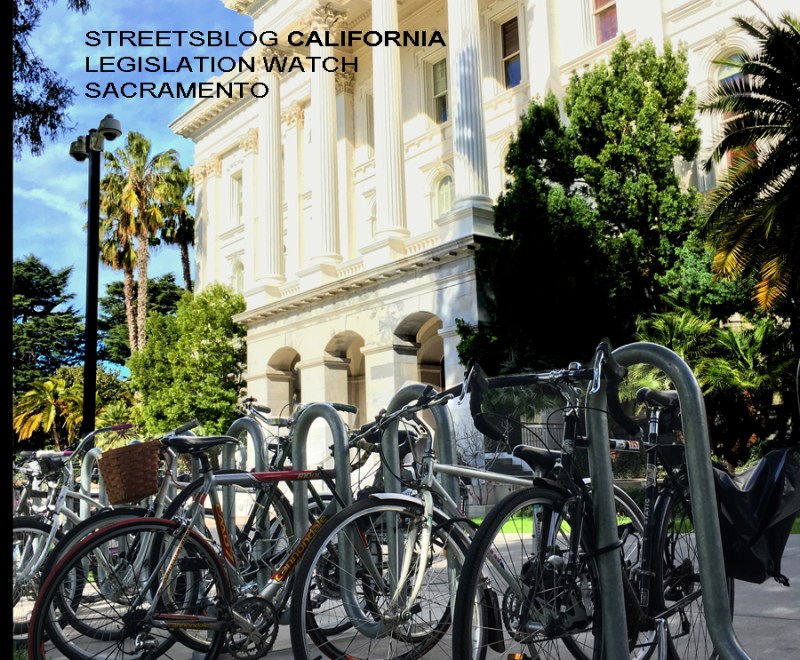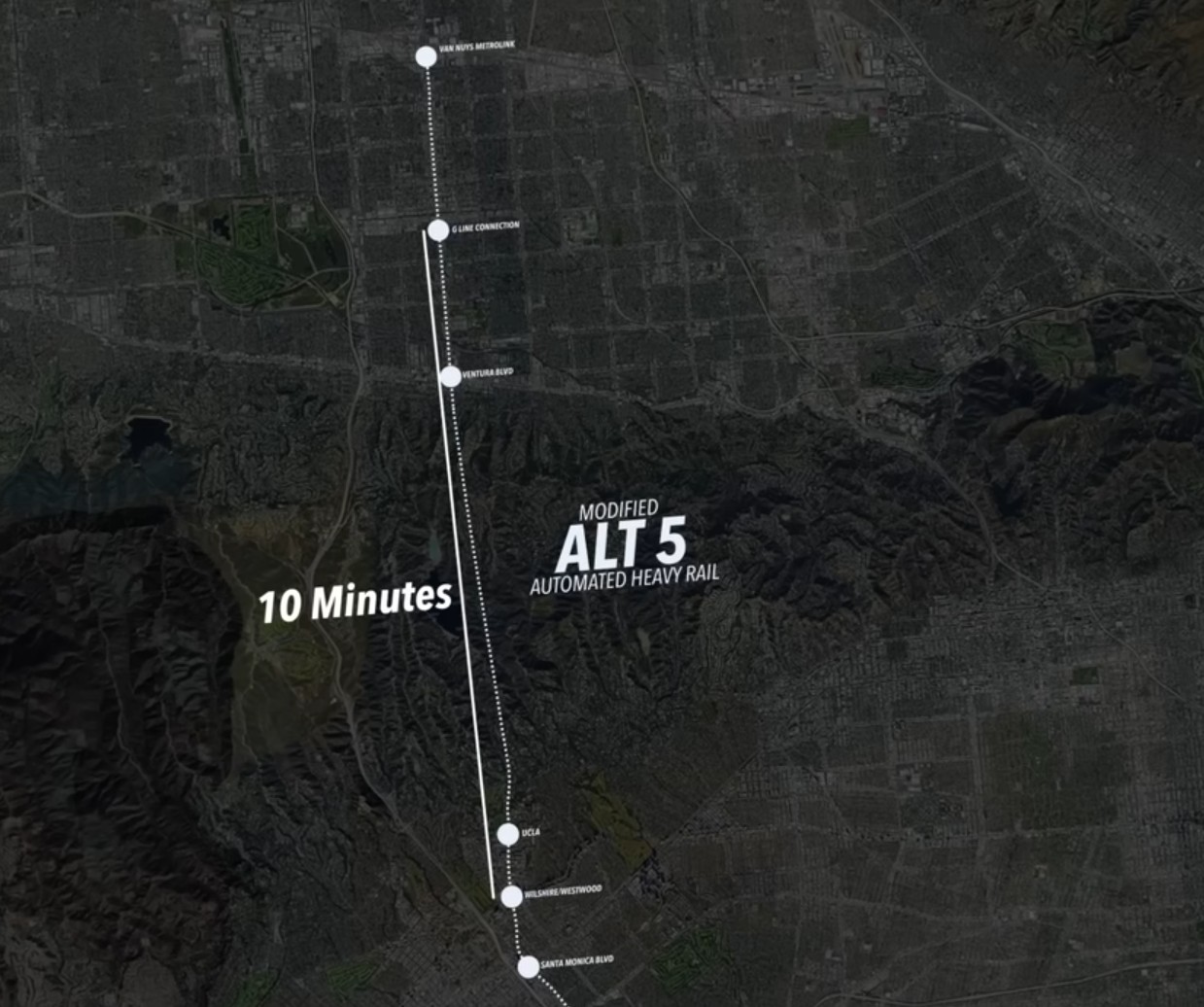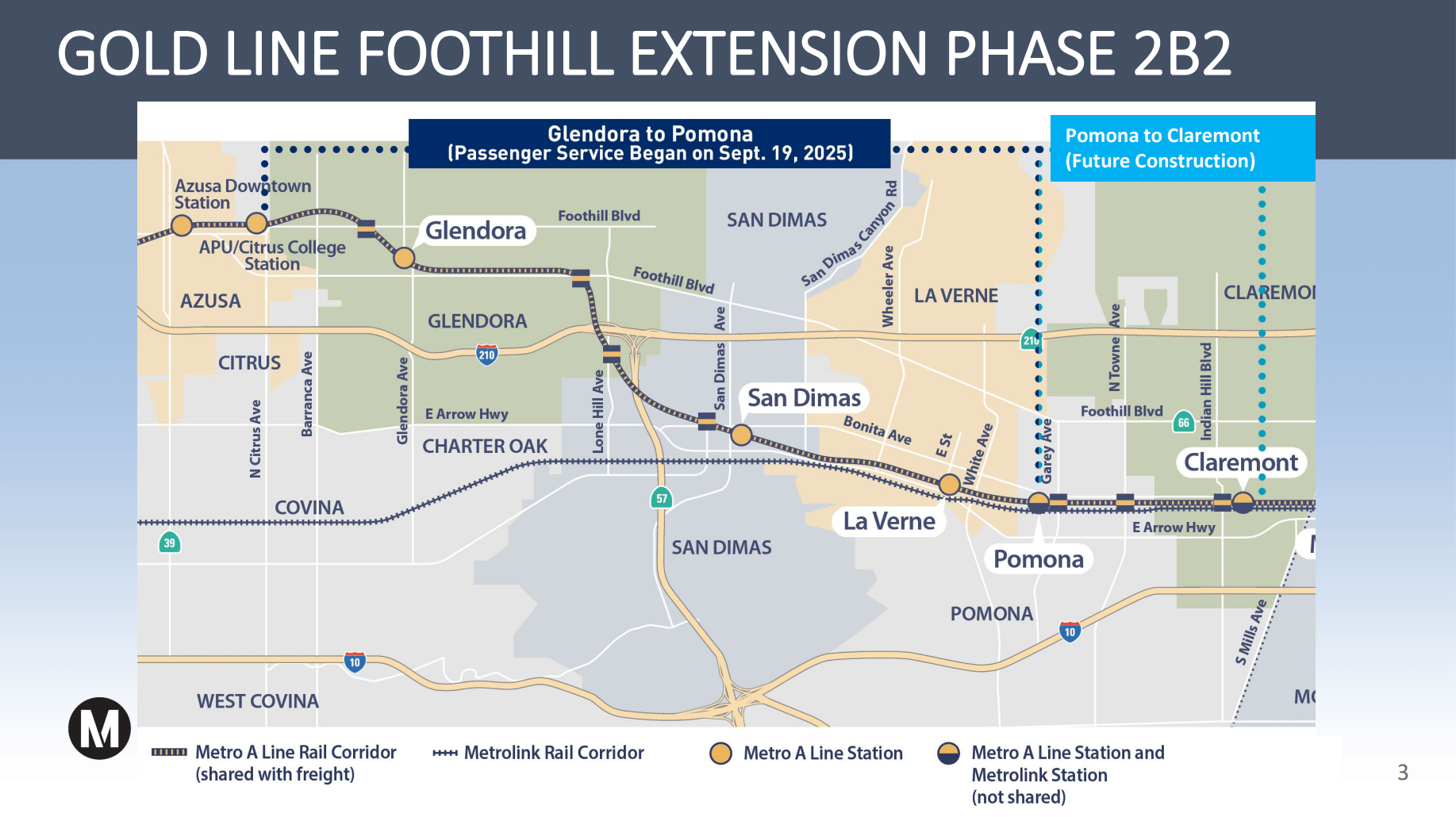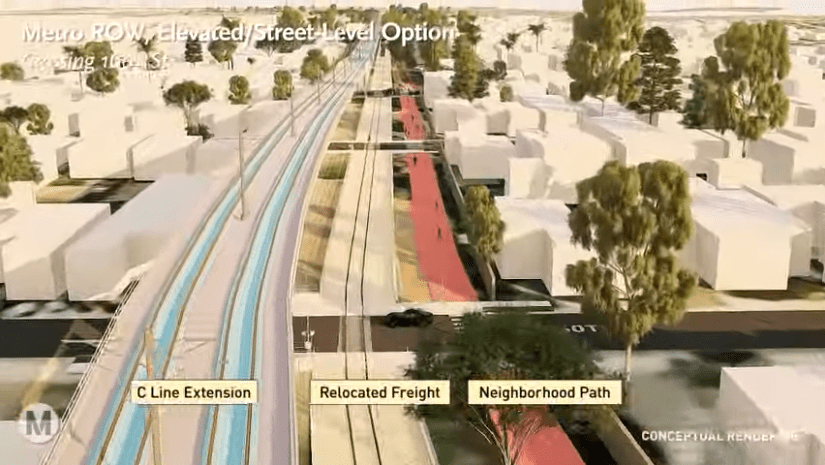Note: GJEL Accident Attorneys regularly sponsors coverage on Streetsblog San Francisco and Streetsblog California. Unless noted in the story, GJEL Accident Attorneys is not consulted for the content or editorial direction of the sponsored content.
Senators Scott Wiener (D-San Francisco) and Monique Limón (D-Santa Barbara) have announced a new bill to ban fracking in California. S.B. 467 also takes up an unfinished argument from last year, calling for a 2500-foot buffer between existing, active oil wells and homes, schools, and health care facilities. The bill also takes a stab at finding ways to provide good-paying union jobs to help workers during the inevitable transition away from the oil industry.
"It's time to have this conversation," said Senator Limón.
S.B. 467 would ban all new permits for fracking starting in 2022, and phase the practice out completely by 2027. This phase-out has not been attempted by the legislature, nor by either Governor Gavin Newsom nor former Governor Jerry Brown, even though both have called for ending California's dependence on fossil fuels.
Fracking involves injecting steam into oil wells to force out oil, a technique invented out of desperation as the oil industry finds it has already extracted most of the easy-to-access oil reserves in the nation. The method forces deep underground changes, polluting groundwater reserves with chemicals and oil and causing seismic shifts and earthquakes. It uses a tremendous amount of energy and produces high levels of carbon pollution, requires millions of gallons of water in a state where water is already in scarce supply, and creates large amounts of polluted waste water.
S.B. 467's authors believe that a variety of factors have led to greater public awareness of the widespread community health impacts of living near oil wells - as well as of the sheer number of wells that are located very close to where people live. Active wells have huge health impacts on people living nearby, where people are more likely to suffer from asthma, stroke, miscarriages, and other health problems.
Oil wells are also more likely to be located near low-income communities and communities of color, further exacerbating environmental justice concerns.
Last year, a statewide bill to require buffers around oil wells passed the Assembly, although that's as far as it got in the pandemic-distracted session. The city of Los Angeles had its own fights about the issue.
"Texas and Oklahoma require buffers around oil wells," said Senator Wiener, "but not California."
(Note that S.B. 467 was introduced yesterday, and right now it does not mention buffers, but the authors intend to add this provision as soon as legislative rules allow them to amend the bill.)
"Climate change is not a theoretical future event, it's an existential threat happening right now," said Senator Wiener, naming California's wildfires, sea level rise, and today's weather in Texas. "We need to deal with it now. We must reduce and eventually end our dependence on oil," he said.
To that end, the bill will also address how to transition away from fossil fuels in a way that includes people currently employed in the oil and gas industry. Right now, the bill's provision calls for incentives for companies hired to help clear off and seal decommissioned wells, for example, to hire workers who lose their jobs as the extraction industry winds down.
To the bill's authors, it's not a matter of if California weans itself from oil dependence, but when. And to make sure the transition is fair, equitable, and not environmentally harmful requires starting that conversation now.
"As far as I know, we never banned coal extraction, but the industry eventually fell apart and left its workers stranded," said Wiener. "We should have gone way ahead of that and facilitated the transition from coal."
"Now, we know the oil industry is in decline--this is one of the reasons these extreme extraction techniques are being used. Instead of just waiting for it to decline, let's get ahead of it. We know we have enormous capital work to do on sealing abandoned wells, for example, and that should all be skilled union work."
"Whether we plan ahead, or just deal with changes in use of energy resources, we need to recognize that something is changing," said Limón. "We see an interest in moving towards cleaner energy. But what does a transition look like? We can go another year without talking about it; we can hold off on it. But I don't know if holding off on it necessarily helps labor, or anyone else."
When asked about potential opposition to the bill, both Wiener and Limón acknowledged that the opposition will likely be intense.
"It's a difficult conversation to have, but shying away from it is not what I was elected to do by the people of California," said Limón.
"This is an industry that is assessing the pulse of the people, so this bill is no surprise" to them, she added. "It's time to advance this conversation."







